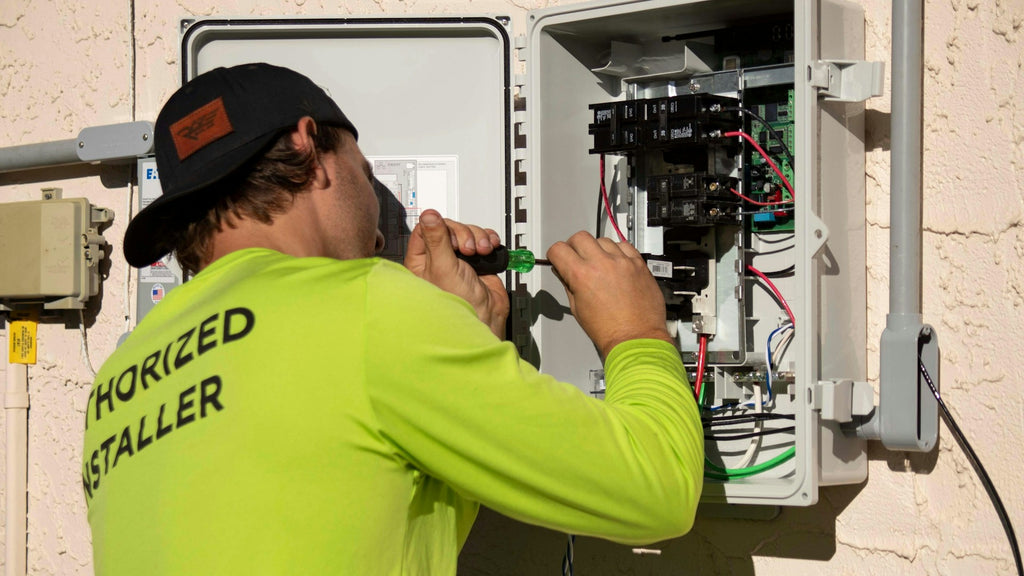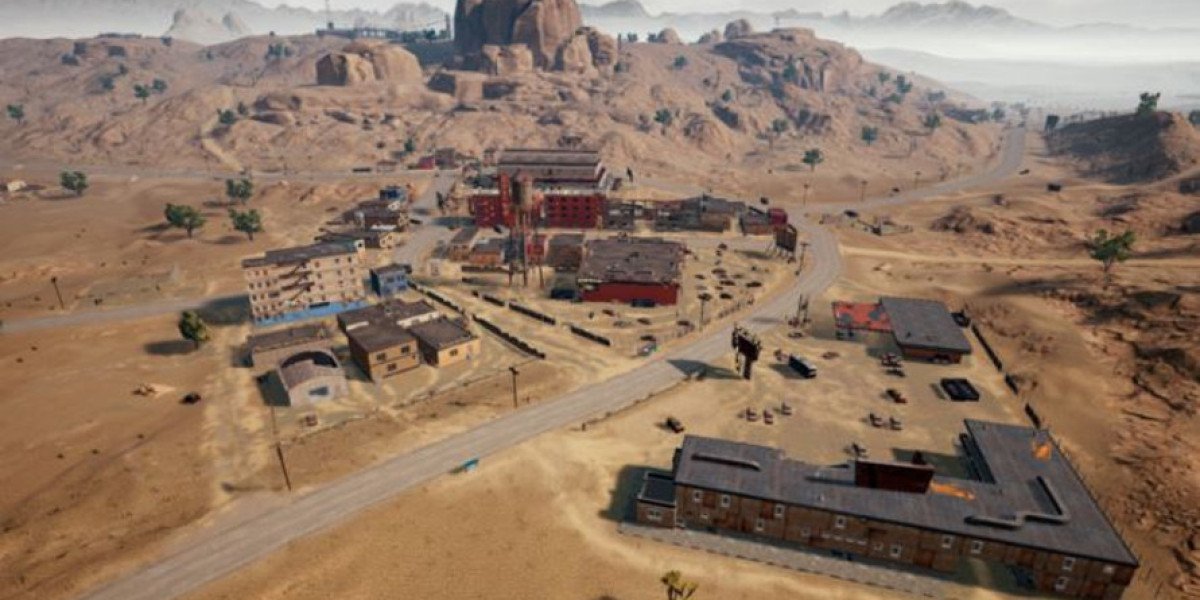Solar inverters play a crucial role in converting the direct current (DC) generated by solar panels into alternating current (AC) for household use. However, like any technology, they can encounter issues. Understanding how to troubleshoot 8 common solar inverter issues quickly can save you time and money. Below, we explore these common problems and provide solutions.

1. No Power Output
One of the most alarming issues is when your solar inverter shows no power output. This can be caused by:
- Tripped circuit breakers
- Faulty wiring connections
- Inverter shutdown due to overheating
To resolve this, check the circuit breakers and ensure all connections are secure. If the inverter is overheating, ensure it is in a well-ventilated area.
2. Error Codes Displayed
Many inverters come equipped with error codes that indicate specific issues. Have you checked the user manual? It often contains a list of error codes and their meanings. Common codes may relate to:
- Grid connection issues
- Voltage fluctuations
- Ground faults
Understanding these codes is essential for effective troubleshooting.
3. Low Energy Production
If your solar system is underperforming, it may not be generating enough energy. Factors contributing to this issue include:
- Dirty solar panels
- Shading from nearby trees or buildings
- Inverter inefficiencies
Regular maintenance, such as cleaning the panels and trimming overhanging branches, can help improve energy production.
4. Frequent Shutdowns
Inverters may shut down frequently due to various reasons. Have you considered the following?
- Overvoltage or undervoltage conditions
- Temperature extremes
- Faulty components
Monitoring the inverter’s performance can help identify patterns that lead to shutdowns.
5. Inverter Making Unusual Noises
Unusual sounds from the inverter can indicate internal issues. If you hear buzzing or clicking noises, it could be due to:
- Loose components
- Electrical arcing
- Fan malfunctions
Addressing these sounds promptly can prevent further damage.
6. Overheating
Overheating is a common issue that can lead to inverter failure. Ensure that:
- The inverter is installed in a shaded area
- Air vents are not blocked
- Cooling fans are functioning properly
Regular checks can help maintain optimal operating temperatures.
7. Communication Errors
Inverters often communicate with monitoring systems. If you experience communication errors, consider:
- Checking network connections
- Ensuring firmware is up to date
- Verifying compatibility with monitoring devices
These steps can help restore communication.
8. Inverter Age and Wear
Lastly, consider the age of your inverter. Most inverters have a lifespan of 5 to 10 years. If your inverter is nearing the end of its life, it may be time to consider a replacement.
For a more detailed guide on how to troubleshoot 8 common solar inverter issues quickly, visit this comprehensive troubleshooting guide.
By understanding these common issues and their solutions, you can ensure that your solar inverter operates efficiently, maximizing the benefits of your solar energy system.







